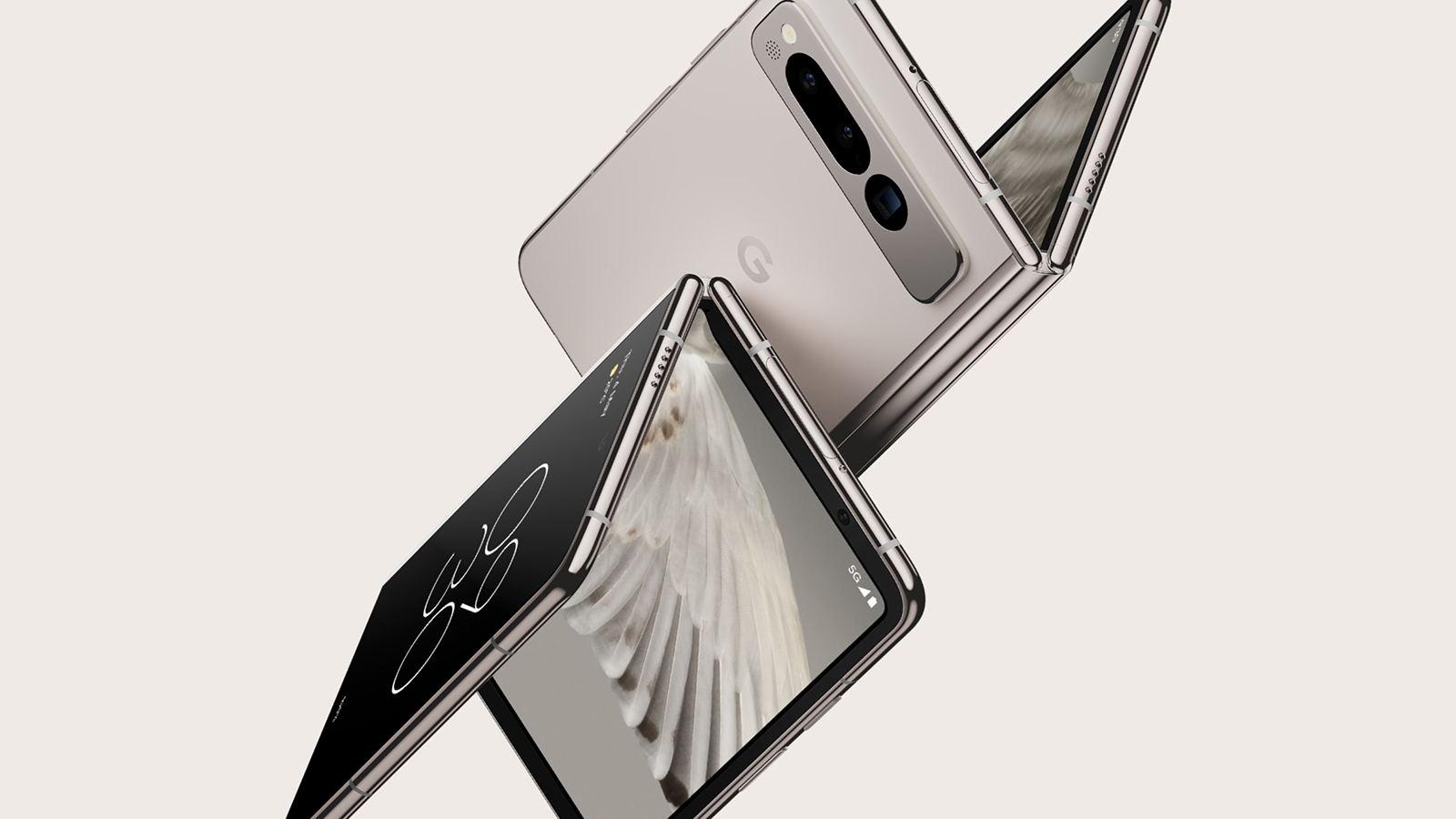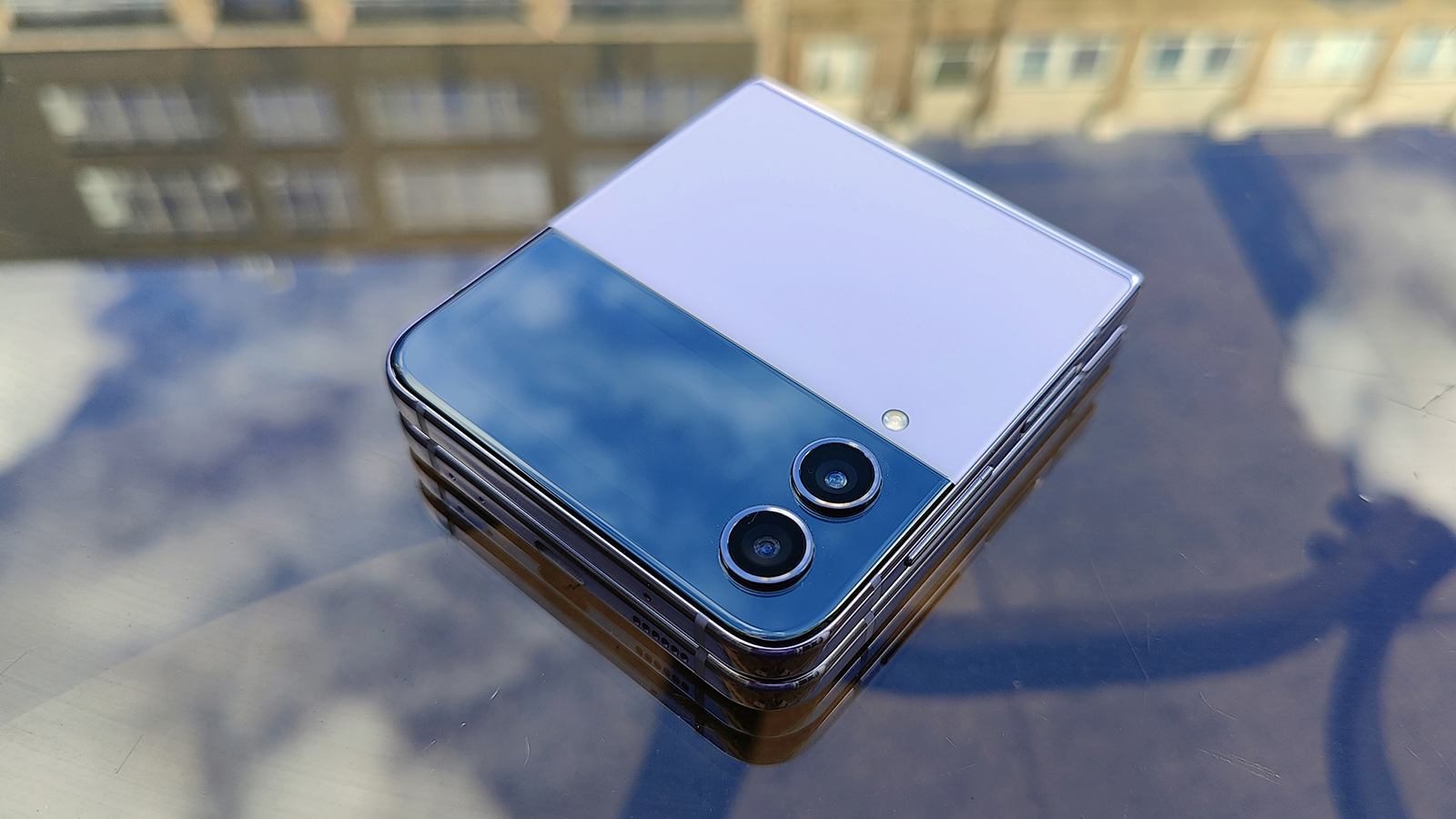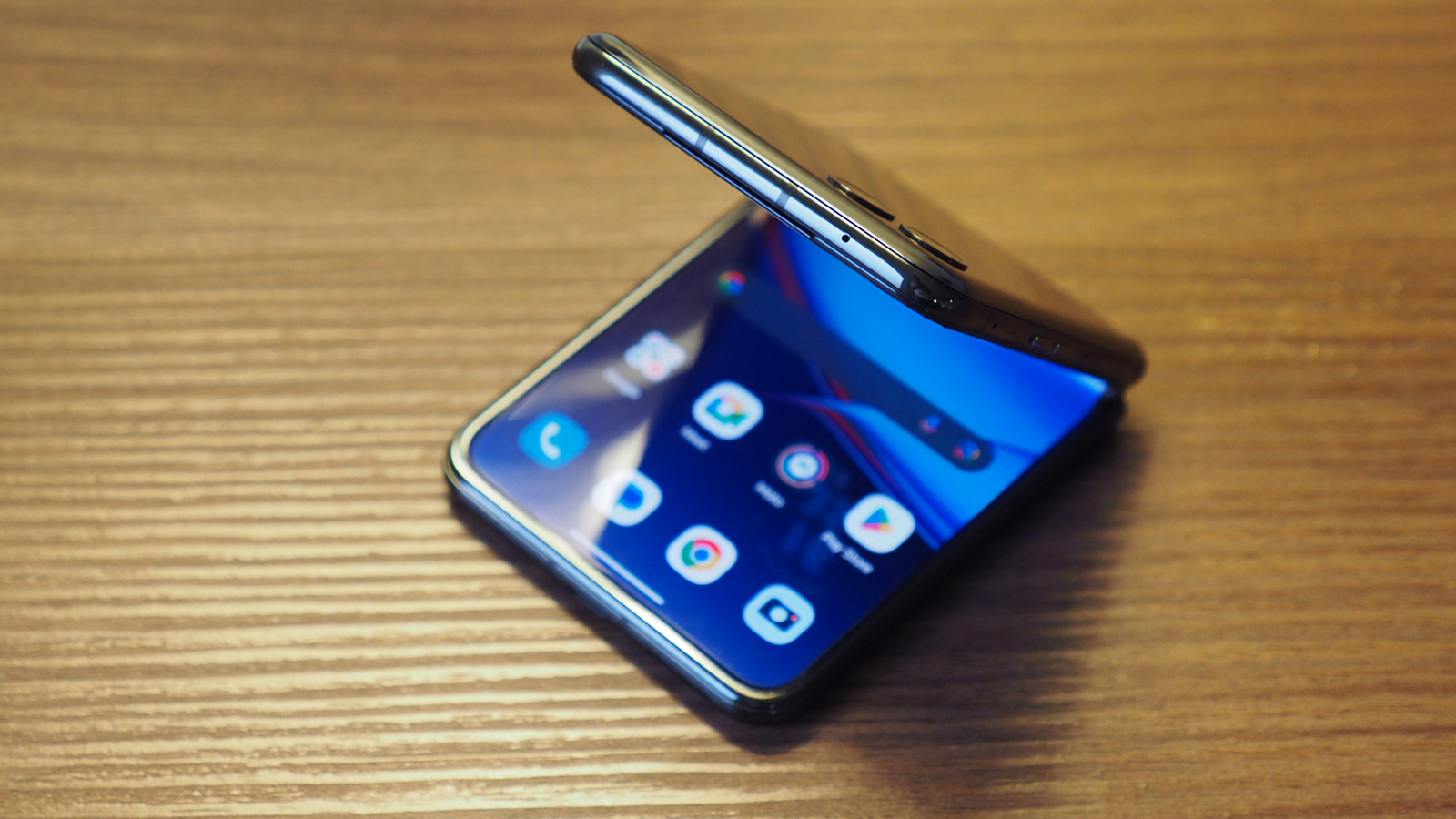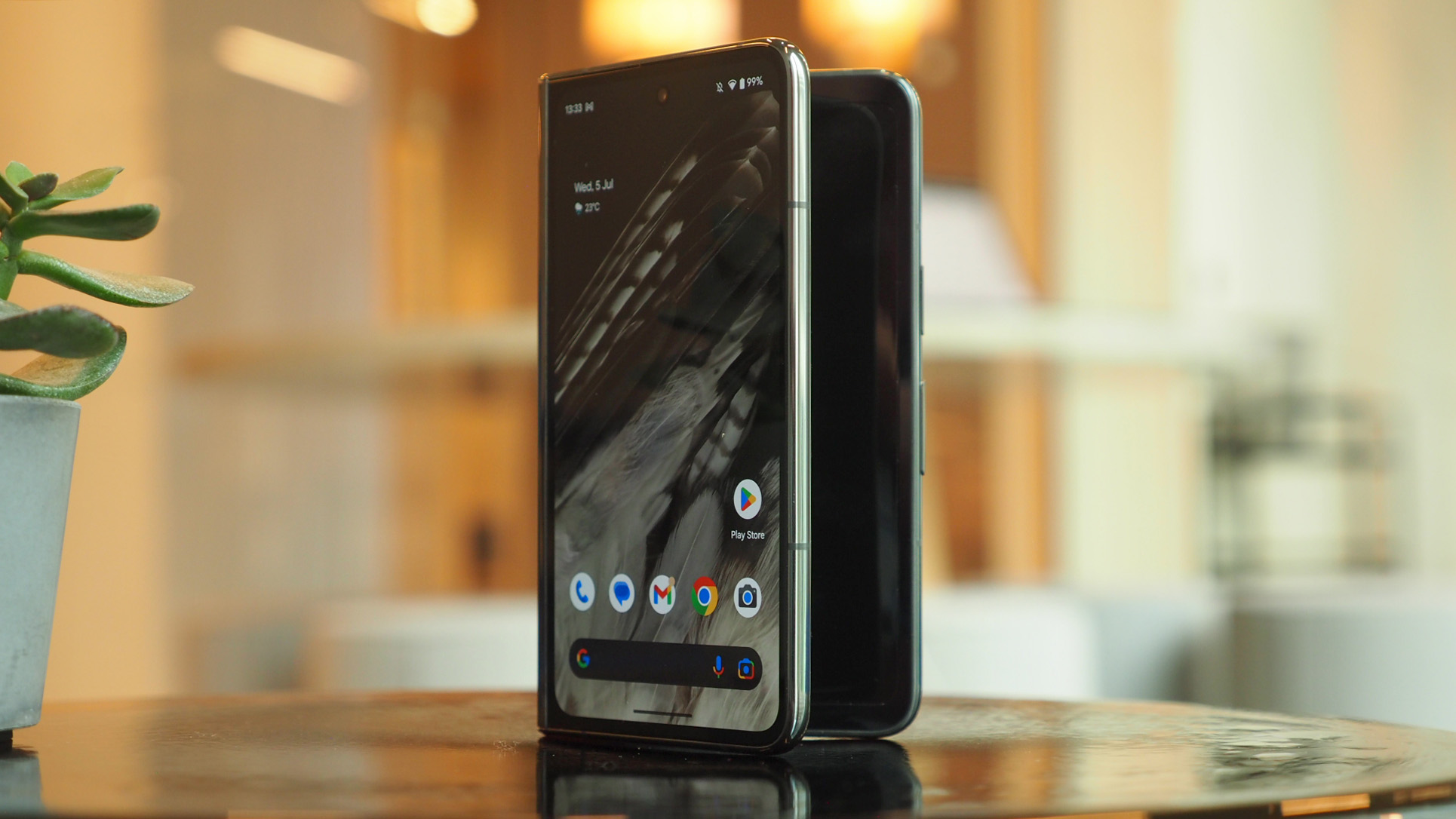3 reasons why Google should make a Pixel Flip phone next
Now the Pixel Fold is out, there's another form factor Google should tackle


Get all the latest news, reviews, deals and buying guides on gorgeous tech, home and active products from the T3 experts
You are now subscribed
Your newsletter sign-up was successful
The Google Pixel Fold has now been revealed with much fanfare attached. The foldable phone comes with a 7.6-inch screen, a Tensor G2 chipset, and a polished design – and despite the hefty asking starting price of £1,749/$1,799, it's undoubtedly one of the best foldable phones you can buy right now.
What, then, should Google do as a follow-up? While the most obvious route for Google would lead it to the 'Pixel Fold 2', I think a much smarter option would be to launch a 'Google Pixel Flip'. What's more, I've got some compelling reasons why.
Bearing in mind that a Google executive has admitted that other foldable designs have already been looked at, it would appear that a Pixel Flip might very well be on the way soon. Give it another year or so for the design and specs to be refined, and it's likely that another rival to the Motorola Razr 40 Ultra will be here.
1. Flip foldables make more sense

The Samsung Galaxy Z Flip 4
There are two types of foldable, the book type and the clamshell type – the Samsung Galaxy Z Fold 4 as the former, the Samsung Galaxy Z Flip 4 as the latter, essentially. The book-style foldable gives you a tablet that then folds down into a rather chunky phone, but you could easily argue that it's the clamshell-style foldable that makes more sense.
This gives you a standard phone – standard dimensions, standard screen, standard thickness – that then folds down into a very pocket-friendly little device, one that still has a workable display on the outside. You're carrying something that's more portable than a traditional smartphone, not less.
Plus, you can't argue with the cool factor of flipping a phone shut to end a call (or flipping one open to take it).
In its closed state the flip phone also deters you from spending too much time idly scrolling through social media or the web at large – while still alerting you to the most important notifications.
Get all the latest news, reviews, deals and buying guides on gorgeous tech, home and active products from the T3 experts
2. The price will be lower

The Motorola Razr 40 Ultra
Based on the devices that Samsung sells, the Pixel Flip could be some 40 per cent cheaper than the Pixel Fold, and that's a seriously substantial saving. It's not difficult to see why either: flip phones are smaller overall, with smaller displays and fewer cameras, and that means they cost less to manufacture.
All kinds of factors come into play in terms of choosing a new smartphone, but for a lot of people, price remains the most important. After all, even if you've put together the greatest phone history, if no one can afford it then it won't sell – it's that simple.
The £1,749/$1,799 asking price of the Google Pixel Fold is way beyond what many of us would consider spending on a phone – you can get a very decent laptop computer for that. Okay, the £999/$999 starting price for the Galaxy Z Flip 4 is still very much on the expensive side, but it's more in line with the other best phones on the market.
3. It would complete the Pixel line-up

Google has done a good job of building up the Pixel range in recent years. We've got flagship phones (Pixel 7 Pro), mid-range phones (Pixel 7a), wearables (Pixel Watch), tablets (Pixel Tablet), earbuds (Pixel Buds) – and now a foldable phone. There's still one mobile device missing though, of course, which is flip phone (and we wouldn't mind another Pixelbook either!).
Samsung remains the only phone-maker offering both styles of foldable phone in its current range, and that's not healthy for competition. As the other Android device maker with the same level of profile across the world, the onus is on Google to offer alternatives to both the Galaxy Z Fold and the Galaxy Z Flip.
It should, after all, bring more people into the Pixel ecosystem – the Google ecosystem and the Android ecosystem. Google now has the experience and the know-how in terms of hardware to take on another foldable form factor, so I'm looking forward to seeing the Pixel Flip turn up in the not-too-distant future. Or, at least, this is me hoping...

Dave has over 20 years' experience in the tech journalism industry, covering hardware and software across mobile, computing, smart home, home entertainment, wearables, gaming and the web – you can find his writing online, in print, and even in the occasional scientific paper, across major tech titles like T3, TechRadar, Gizmodo and Wired. Outside of work, he enjoys long walks in the countryside, skiing down mountains, watching football matches (as long as his team is winning) and keeping up with the latest movies.